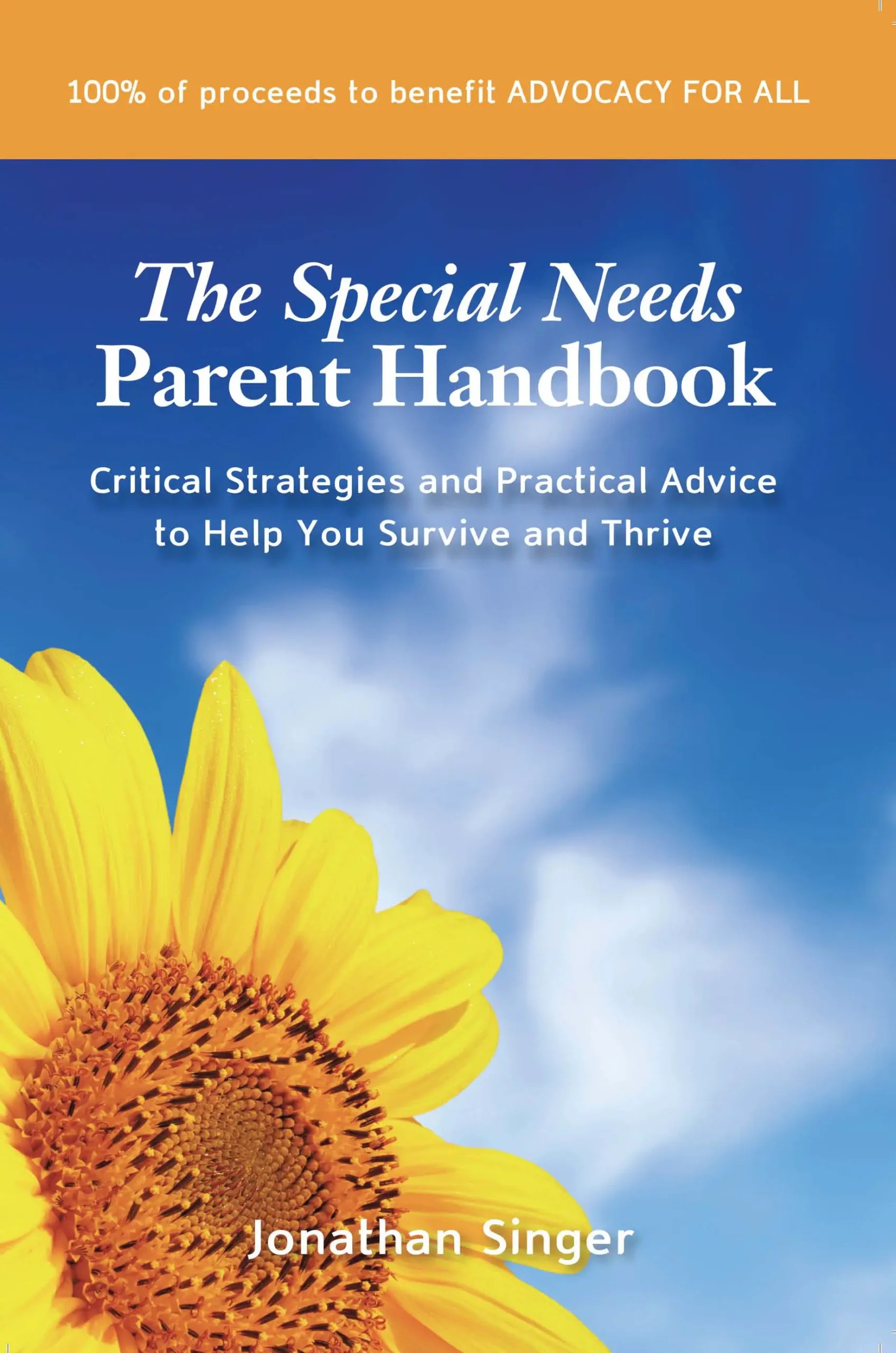The parent of a teen with Phelan-McDermid Syndrome offers advice on how to find the best possible childcare help for your child with special needs — so you can take a break.
Do you have a child with special needs? My wife Michey and I do, too, and it's exhausting, overwhelming and impossible at times. While there are countless joys and milestones to celebrate in raising our children, we undoubtedly experience many more emotional ups and downs than most parents do in caring for our kids.
Over the years, with lots of trial and error, we have learned a great deal about what works and what doesn't work so well in caring for our daughter, Rebecca. Below you'll learn how to find the best childcare so you can get a break and focus on relationships with your significant other, with family, and with friends.

A Matter of Trust
Finding people to help you with your children is a very sensitive issue, especially if, like our daughter Rebecca, your child does not communicate and cannot tell you if someone is not taking care of them properly or, worse, if someone is hurting them. It all comes down to trust, and trusting your own instincts. It also helps to thoroughly check references because you can find out a lot of information about people if you ask the right questions and if you are open about your situation.
Some individualized education programs include after-school tutoring, and there are state-sponsored respite programs and private foundations that can help pay for aides. If you are lucky enough to have family nearby you can also ask your relatives to help, or you can seek help from friends. You may also be able to work out something with other families who have children with special needs by taking turns having them watch your children and you watching theirs either overnight or for the weekend.
We found one of our first babysitters through an ad in the newspaper, and she worked with our daughter on and off for many years. Subsequently, several of her friends babysat many times. More recently we found that the reliability of having live-in help was a big improvement over dealing with the shifting schedules of college kids and constantly having to find new people (and it has been really nice to have help first thing in the morning).
We have developed a system that has worked very well when we have been looking for new babysitters. The first thing to do is to figure out exactly what kind of help you need, and then write and place an advertisement in local newspapers (see our ad). You may also want to send requests to local college job placement offices, and to teaching departments and colleges that have occupational, speech, and physical therapy programs. For live-in help, some people we know have had a lot of success with au pair agencies, and others have had mixed results. One family went through three individuals and significant damage to one of their cars (the au pair ran into a retaining wall while backing out of the driveway) before finding the right person. We were lucky to have friends from Utah who helped us find someone from their hometown and then guided us on how to advertise and hire recent high school graduates and college students. While we have had our fair share of interesting babysitter situations, so far we have had two live-in babysitters that have been terrific.
Screening and Hiring
Rather than using your home phone number, try to set up a voice mailbox on another line or use voice mail on a cell phone, and record a message to help weed out poor candidates. That way you do not have to be bothered at home, especially because you never know who will call, and you can prescreen from the messages, deleting those that do not sound good or that do not answer the question posed on your voice mail recording. (Check out our sample voice mail message for inspiration.)
I once read in a sales magazine about a similar method being used to prescreen potential salespeople. You would be surprised by some of the responses we have received. Some omitted important information like a telephone number, a few spent a lot of time mentioning God, and others simply did not answer the question at all. We feel that things are difficult enough already for Rebecca. We do not want to even consider anyone who does not listen, does not communicate well, or cannot follow the very simple instructions that we leave on our recording. (Alternatively, email is also a good way to start, and you can ask for a resume and references.)
Once you hear voice mail messages that sound promising, call those individuals and ask a number of questions over the telephone (see some suggested phone interview questions), tell them about your child and the job, and if they seem to be a good match, ask for three or more references. When checking references, we try to find out as much as possible about the candidate, sometimes asking the same questions in different ways…
To read the rest of Jonathan Singer's article and for more tools and resources, visit www.drive4rebecca.org or www.specialneedsparentzone.org

This article was excerpted from “. The book is available at www.amazon.com ($14.99). All proceeds from the book benefit Advocacy for All, an initiative founded by Singer to help families advocate more effectively on behalf of their children with special needs. Singer lives in New Jersey with his family, including his 14-year-old daughter Rebecca who suffers from a rare genetic disorder called Phelan-McDermid Syndrome, which causes autistic tendencies.





















